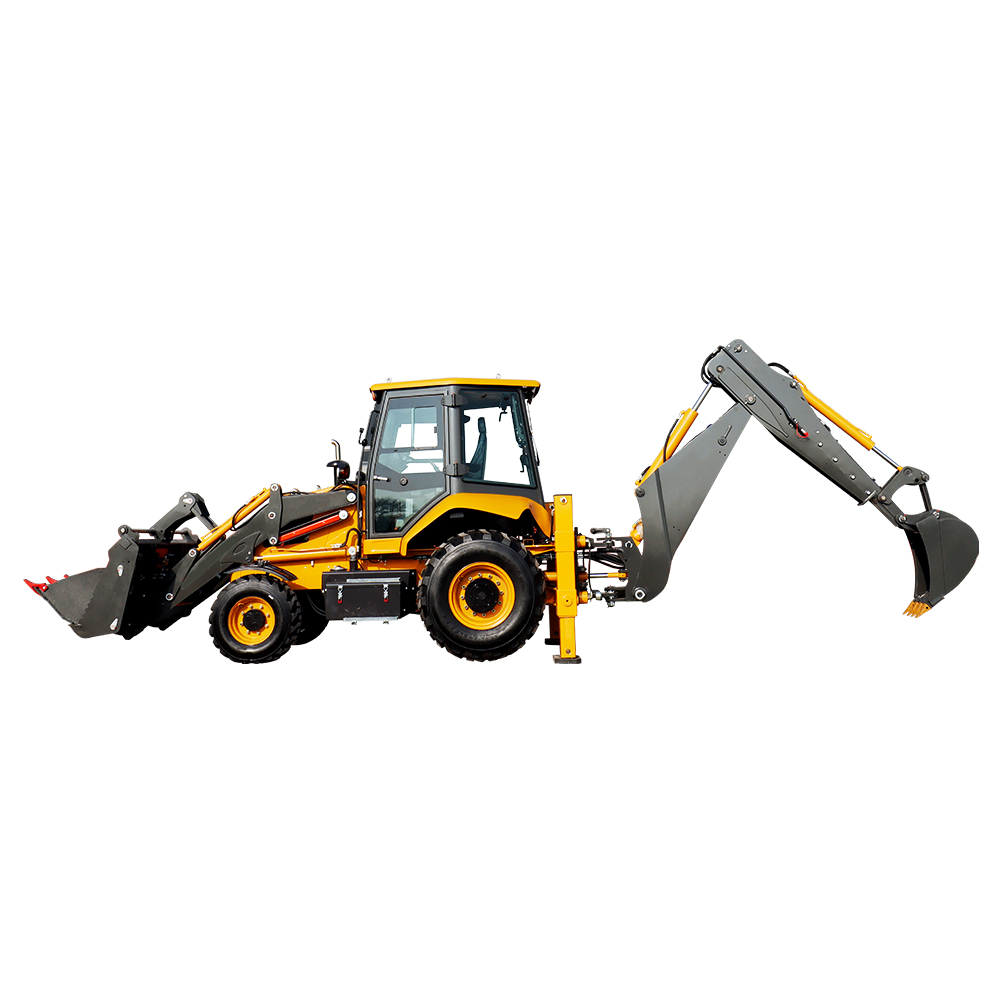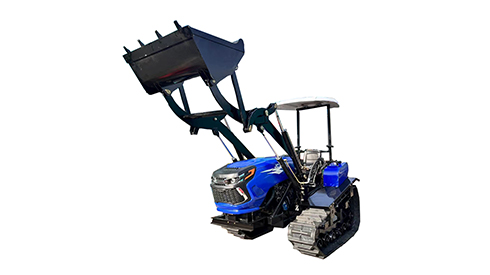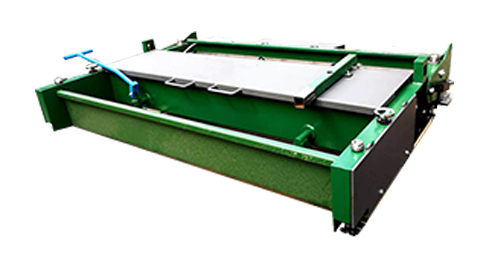In 2021, artificial intelligence became a buzzword in the industry and academia. At the beginning of the year, the human-machine Go battle between Li Shishi and Alpha Go attracted countless eyes. The topic of artificial intelligence has unexpectedly swept every part of the world. In addition, this year also coincides with the birth of the artificial intelligence discipline. Alpha Go once again defeated mankind and attracted the attention of the world. The development of artificial intelligence after twists and turns finally set off a global boom. Governments of various countries have put forward artificial intelligence development and research related plans. Apple, International IT industries such as Google have also successively launched a series of artificial intelligence applications, hoping to take the lead in the new round of artificial intelligence technology competition.
In 1970, there was the first wave of artificial intelligence industry, and most of the mathematical principles in the book "Principles of Mathematics" were proved through the first generation of artificial intelligence neural network algorithms. In 1984, the second industrial wave of artificial intelligence occurred. At that time, the Hopfield network was introduced, giving artificial intelligence neural networks the function of historical memory. We believe that the third wave of artificial intelligence has actually arrived. Artificial intelligence is no longer a concept, but a technology that can enter the industry: from the robot field that everyone talks about, to various industries and aspects of social life, artificial intelligence It is actually affecting people's lives, making social life smarter and more convenient.
After years of artificial intelligence research, the main development directions of artificial intelligence: computational intelligence, perceptual intelligence, and cognitive intelligence. This view is now widely recognized by the industry.
One is computational intelligence, that is, fast calculation and memory storage capabilities. The development of various technologies involved in artificial intelligence is uneven. At this stage, computers have more advantages in computing power and storage capacity. In 1996, IBM's Deep Blue computer defeated the then chess champion Kasparov. Since then, humans have been unable to defeat machines in such a powerful game.
The second is perceptual intelligence, that is, visual, auditory, and tactile perception capabilities. Both humans and animals have the ability to interact with nature through various intelligent perception capabilities. Self-driving cars realize such perceptual intelligence through perception devices such as lidar and artificial intelligence algorithms. Machines have advantages over humans in perceiving the world. Humans are passively perceiving, but machines can actively perceive, such as lidar, microwave radar and infrared radar. Whether it is a perception robot like Big Dog or an autonomous car, because of the full use of the results of DNN and big data, the machine is getting closer and closer to humans in perceptual intelligence.
The third is cognitive intelligence. In layman's terms, "can understand and think". Human beings have language, they have concepts and reasoning. Therefore, concepts, consciousness, and ideas are all manifestations of human cognitive intelligence.
At present, the Benny child growth robot under Zhiban Technology is "undanding and thinking". When you ask a question that it doesn't understand, maybe it will learn it the second time you ask it again. This is its self-learning function. The speech recognition rate within five meters is 97%, and 25 kinds of language emotions can be recognized, which is also one of the highlights of Barney.



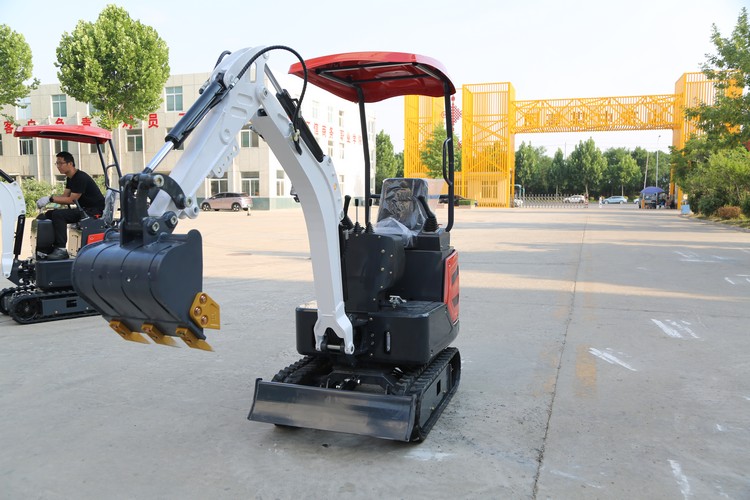
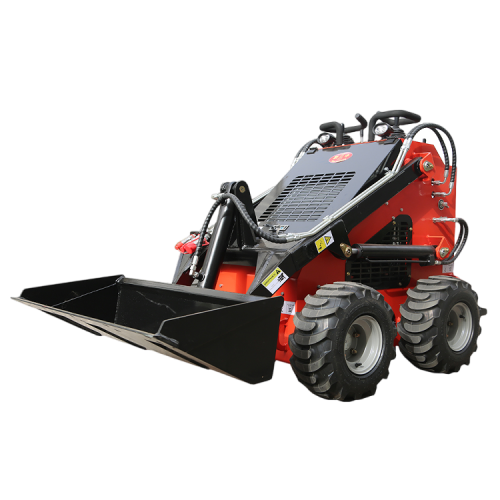
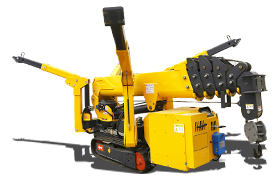
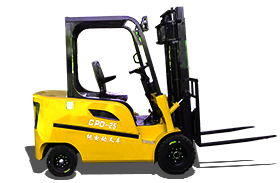
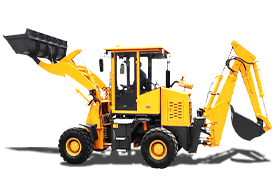
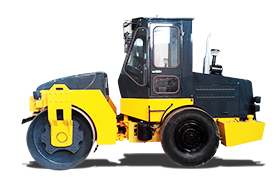


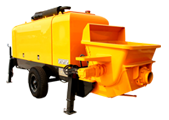

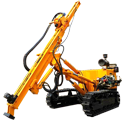

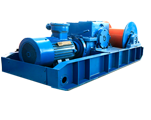
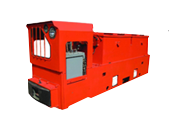
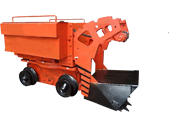

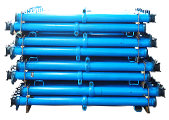




 News
News

